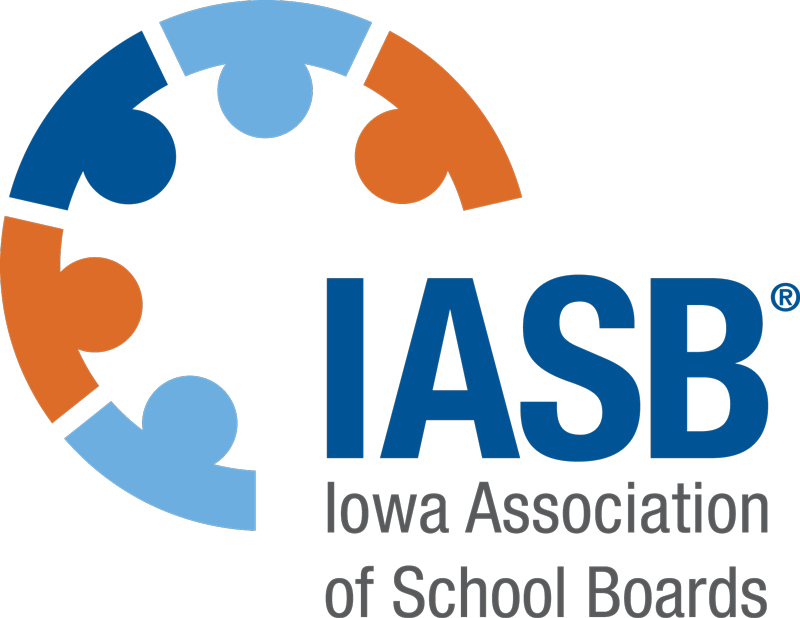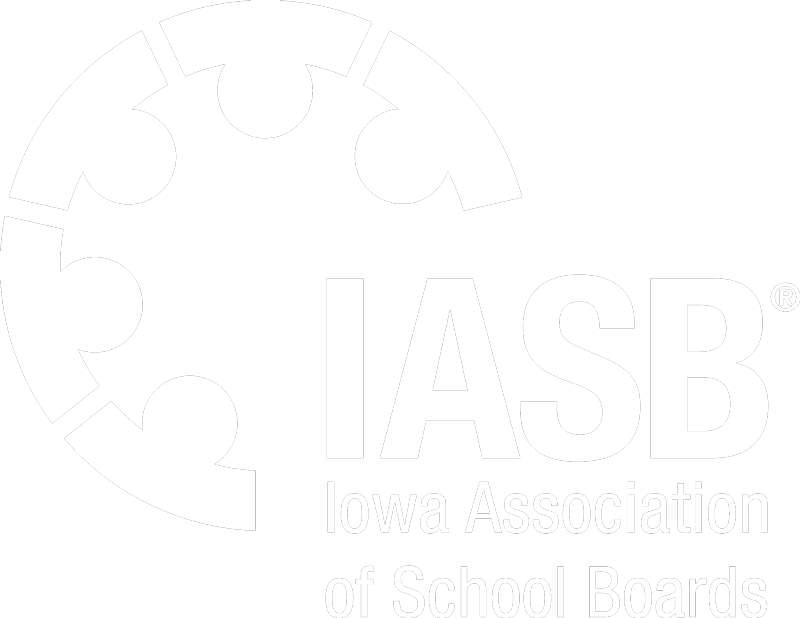Policy Included in Education Appropriations
While the majority of this bill relates to funding, the legislature did include several policy provisions in the budget bill this year, including requirements for addressing chronic absenteeism and open enrollment changes.
SF 2435—Education Appropriations—Policy provisions:
Addressing chronic absenteeism: The bill requires board policy on absenteeism and truancy, including:
How the board determines chronic absenteeism
Different interventions that can be used when a student is chronically absent
Penalties that can be used when a student is chronically absent
Defines chronic absenteeism as missing 10% of school days or hours in a grading period
Defines truancy as missing 20% of school days or hours in a grading period
When a student becomes chronically absent, the school district must notify the county attorney and send a notice to parents on their child’s absences and the policies associated with more absences.
When a student is absent for 15% of school days, a school engagement meeting is required. The meeting will identify barriers to attendance and interventions to improve the student’s attendance. The student, parent, and a school official will participate in the meeting.
An absenteeism prevention plan will be created that will lay out the responsibilities of everybody involved to improve attendance. A school official will monitor compliance and contact participants at least once a week.
If the plan is violated, the county attorney may get involved.
Open Enrollment: The bill reinstates the March 1 deadline for open enrollment requests. There are still good cause exceptions. If an open enrolled student is deemed truant, the receiving district can prohibit the student from remaining enrolled and prohibit them from enrolling in the future.
Modified Supplemental Amount for Large Open Enrollment Districts: Districts with more than 45% of students open enrolled in can go to the School Budget Review Committee (SBRC) for a modified supplemental amount (MSA) to grant them more spending authority.
IASB is registered undecided on the( bill. We are supportive of things like therapeutic classroom funding and reinstating the open enrollment request deadline but have concerns about the new requirements on districts related to addressing chronic absenteeism. It passed the Senate by a vote of 32-14 and passed the House by a vote of 52-43. The bill was signed into law by Governor Reynolds on May 9, 2024.
15.3.2025.8

